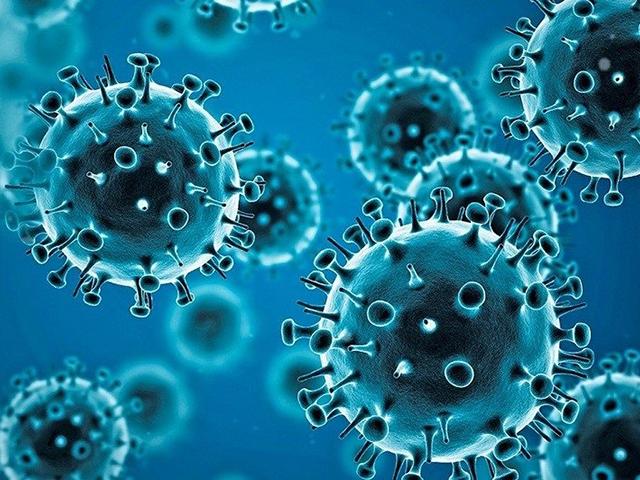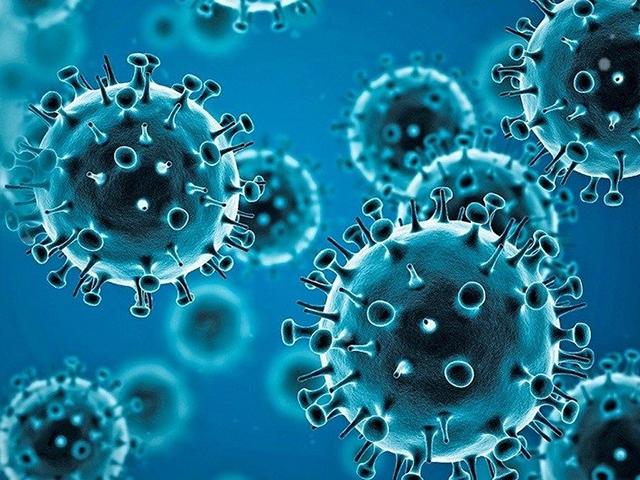An Urban's Rural View
COVID Is Over - Sort of
Three years after the coronavirus began terrorizing the world, the World Health Organization on May 5 declared it "over as a global health emergency." On May 11 the Biden administration ended the pandemic's public health emergency status in the United States.
In a way, these and similar declarations by other countries are mere symbolic mileposts. They give official status to the way the world has been treating COVID-19 for some time.
Much of the public has long since returned to pre-COVID normality, unmasked, un-locked-down and unworried. People are traveling in crowded planes and eating in crowded restaurants and generally living life as if COVID has gone away.
It hasn't. The emergency may be over, but the disease is still very much with us. The controversies that surrounded it continue to swirl. The long-term economic and social effects continue to unfold.
COVID deaths are declining but comparisons to the flu are fallacious. Though COVID won't be in the top three or four causes of death in the U.S. this year, as it has been in the past three years, it will probably be in the top 10, at 100,000 or more. The highest recent annual death toll from the flu was 52,000 in 2017-18. (https://www.cdc.gov/…; https://www.cdc.gov/…)
The controversy over the epidemic's origins continues to rage. You can see this in the differing views of the nine U.S. intelligence agencies studying the issue. Two believe a lab leak in China was to blame, and polls show most Americans subscribe to this theory. In support of it, investigative journalists have unearthed evidence that risky research was being done. (https://theintercept.com/…)
P[L1] D[0x0] M[300x250] OOP[F] ADUNIT[] T[]
Five of the nine think the coronavirus was zoonotic, meaning it passed to humans from an animal, with recent research suggesting a raccoon dog. (https://www.nature.com/…) Many scientists believe passionately in this theory.
The final two intelligence agencies are undecided, and I understand why. The support for both theories is circumstantial at best; there's no direct evidence for either, in part because China has been uncooperative. Consider that six of the seven agencies with an opinion only have "low confidence" in it. (The seventh, the FBI, believes with "medium confidence" in the lab-leak theory.) (https://www.wsj.com/…)
Another controversy that isn't "over" revolves around masking. Two controversies, actually -- whether mask wearing should be mandated during pandemics and whether individuals should choose to wear masks. Underlying both is the question of whether masking works.
There are plenty of strong opinions on this question, both pro and con, but few high-quality studies. A meta-analysis or study of studies by the Cochrane Library excited attention a few months ago when it suggested masking made no difference, but Cochrane says the study was misinterpreted. (https://www.nytimes.com/…)
A Substack paper makes a plausible case that the Cochrane study is "inconclusive" and outlines the problems with other studies. (https://yourlocalepidemiologist.substack.com/…) I found it fair-minded and insightful, and some of the comments it attracted were helpful. The paper's conclusion? "Do not let anyone convince you of a one word answer to the question: Do masks work? It depends."
The economic and social changes COVID has wrought will be with us for years, if not decades. Hypersonic federal spending. Elevated inflation. Interrupted educations. Widened political divisions.
One COVID consequence of special importance to rural America is the Zoom Boom. Working from home didn't end when lockdowns ended. Many continue to telecommute. Nationwide demand for office space is down 47% from February 2020, just before COVID hit. In high-cost-of-living cities like Boston, New York, Washington and San Francisco, it's down more than 50%. (https://www.businesswire.com/…)
Some organizations are making employees return to the office at least a few days a week. For many employees, though, telecommuting has become a full-time thing, and as a result some are relocating to more desirable places to live. According to the New York Times, "New York City's vacant office space could fill 26.6 Empire State Buildings." (https://www.nytimes.com/…)
Rural America stands to benefit from this, especially as broadband internet penetrates more deeply into the countryside.
All in all, then, it's good that the authorities have declared the emergency over. But "over" doesn't mean forgotten. The aftershocks of the COVID-19 earthquake will be rattling our lives for years to come.
Urban Lehner can be reached at urbanize@gmail.com
(c) Copyright 2023 DTN, LLC. All rights reserved.






Comments
To comment, please Log In or Join our Community .